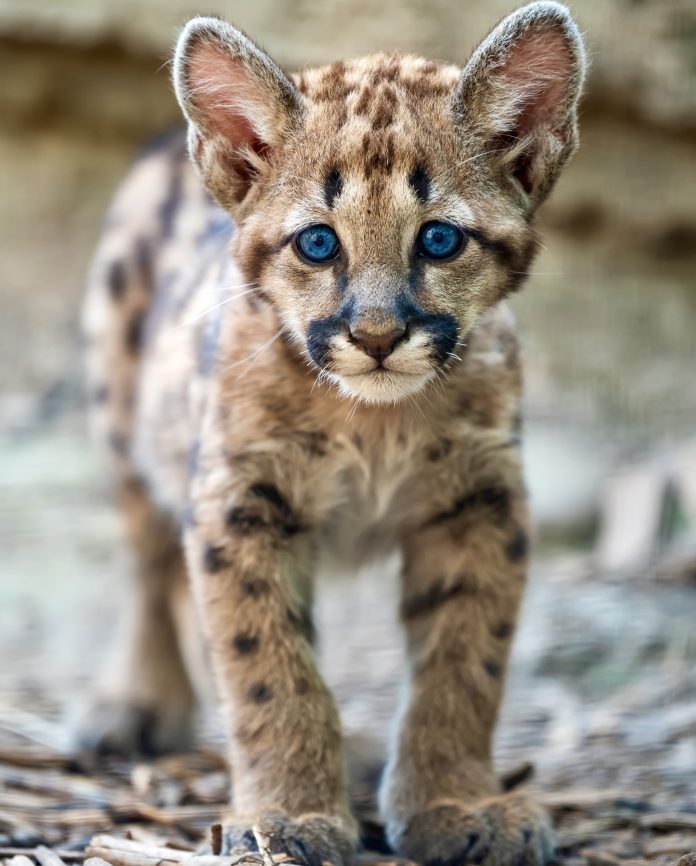
California Assembly Approves Expansion Of The Ban On Toxic Rat Poisons To Increase Protections For Wildlife
You can help all animals and our planet by choosing compassion on your plate and in your glass. #GoVeg

You can help all animals and our planet by choosing compassion on your plate and in your glass. #GoVeg